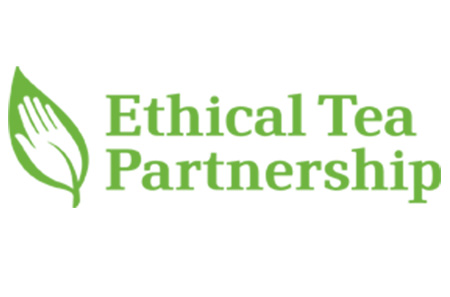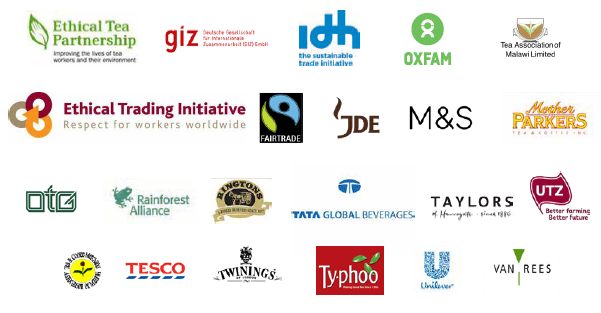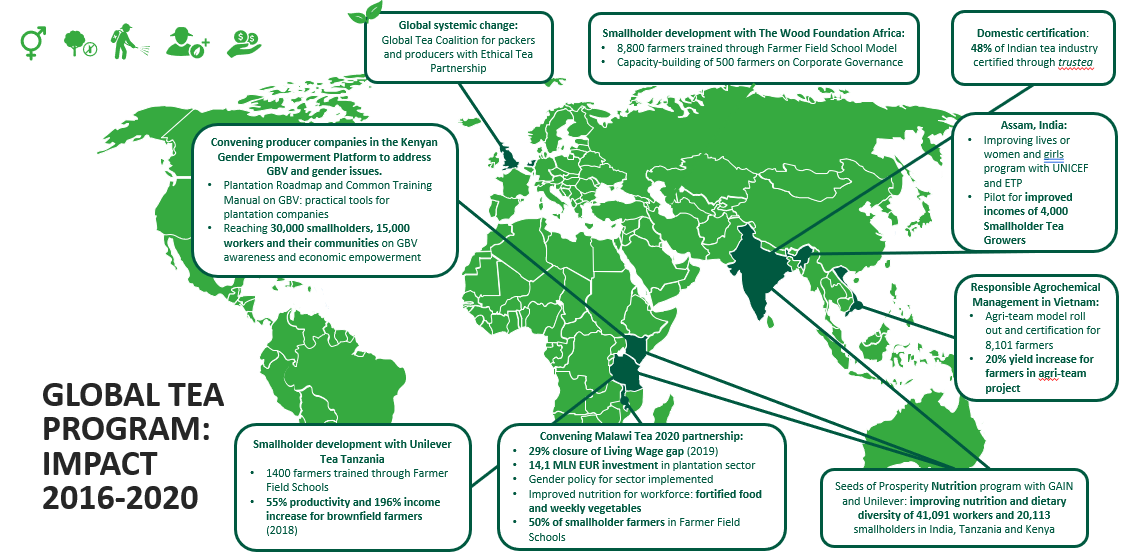Ethical Tea Partnership Malawi
The high profile gender experts we had invited were given the task of thinking through the possible opportunities for female empowerment this long term sector wide programme has to offer.
Ethical tea partnership malawi. Our posters and banners in health centres schools and tea buying centres across all of rwanda s tea communities share the latest hygiene and sanitation guidance. As part of the malawi tea 2020 partnership we have worked with strategic partners to identify the impact of these changes and how best to address them. There is a wide range of expertise within the ethical tea partnership and the wider malawi tea 2020 network to deliver this including agriculturalists economists educators strategists and researchers. The ethical tea partnership s work in malawi is concentrated on malawi tea 2020 a coalition of partners working to create a competitive tea industry so it can pay a living wage to tea workers and a living income to smallholder farmers.
Since the malawi tea 2020 partnership started the tea sector s first ever collective bargaining agreement was signed between the tea association of malawi and the plantation agricultural workers union in july 2016. We worked in partnership with idh sustainable trade initiative and etp member tata consumer products with funding available as part of the malawi tea 2020 programme. Mr jordy van honk. It was re signed in july 2018.
Climate change is affecting how and where tea can be grown in malawi. This climate week we are reflecting on how the ethical tea partnership is supporting tea communities in africa and asia to become fit for the future malawi tea 2020 malawi is one of the world s poorest countries and most of the population live in rural areas. Wages for tea workers fall short of the living wage benchmark. Gender mainstreaming the malawi 2020 tea revitalisation programme.
Idh sustainable trade initiative. Together with oxfam the ethical tea partnership organised a workshop with a view to gender mainstreaming the malawi 2020 roadmap. Tea estates in malawi are the second largest employer in the formal sector directly employing over 50 000 workers and providing livelihoods to more than 14 000 smallholders. 16th december 2015 by heleen bulckens.
As the train leaves oxford my mind is going over the day s events.









































